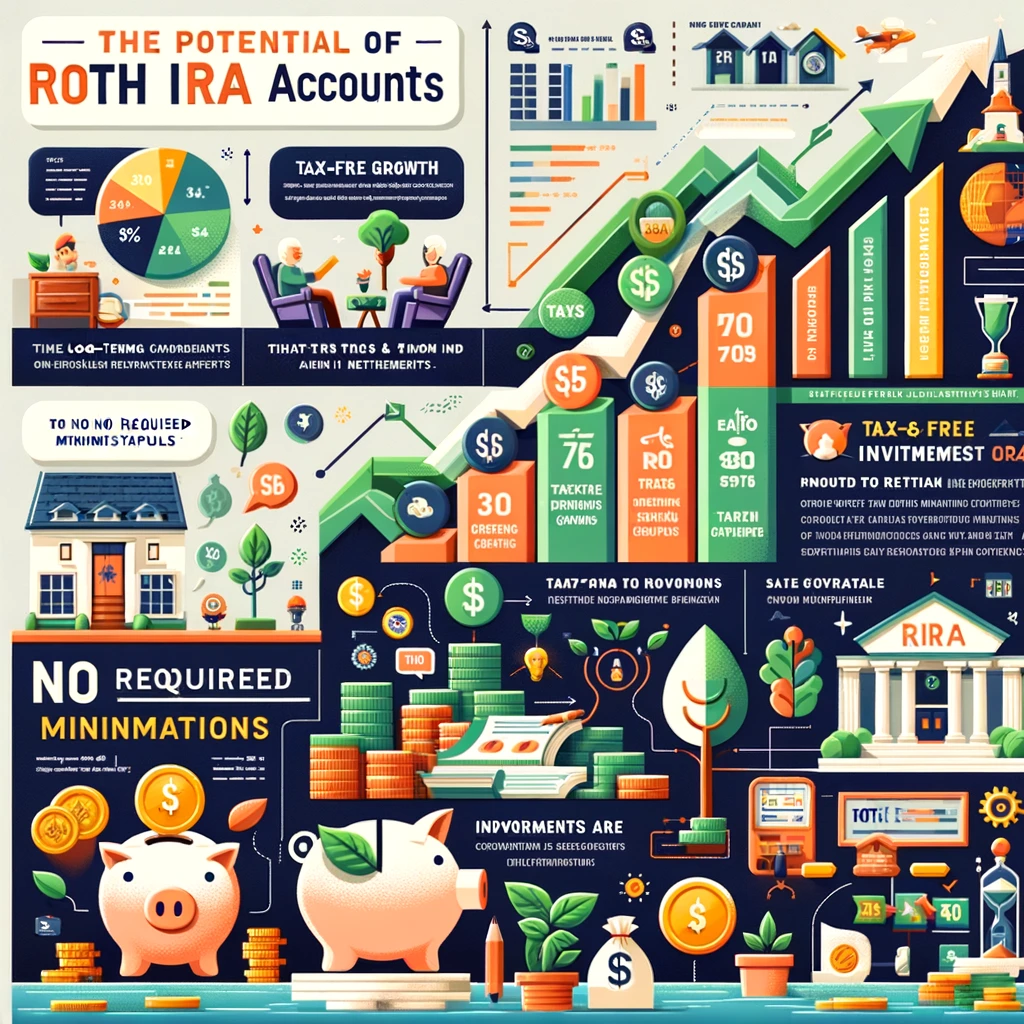The selector’s editorial team works independently on reviewing financial products and writing articles that we think our readers will find useful. We may receive a commission when you click on product links from our affiliates.
With graduation season just around the corner, the 2021 class is preparing for what their lives will look like after college.
As they prepare to enter the workforce, this period is a significant time to begin their careers. It is also a good time for new students to start with the right financial foot. The money is moving What you do at a young age can have a huge impact on how your personal finances look in the years to come.
For prospective students here are two things you should do with your money to help you build a strong financial foundation.
Spend money wisely using an initial credit card
The purpose of an initial credit card? Let me help you build credit.
Your credit history – or the period of time you have – makes up 15% of your credit history credit score. So, the earlier you start building credit, the better.
A good credit score It will help you qualify for an apartment, as well as get the lowest interest rates on a loan for a new car or future mortgage.
Recent students who have a very short credit history (or no credit history at all) should consider opening an initial credit card, also known as a secured credit card. Similar to using a traditional – or unsecured – credit card, a secured card allows you to charge your purchase according to your credit limit, and then fully settle the balance each month when the bill arrives.
However, the big difference between insured and uninsured cards is that the former usually requires cardholders to pay in advance a security deposit (usually $ 200) equal to their credit limit. This deposit acts as a form of insurance in case the cardholder does not pay the bill every month, which is why it is great for beginners as they learn how to use the loan responsibly.
Below are Select’s three top rated credit card selections for recent college students:
- Best card without credit: Visa® credit card Petal® 2 “Cash refund, free of charge”
- Best Credit Card: Capital One® secured
- The best card for fair and average credit: Capital One® QuicksilverOne® Cash Rewards credit card
Visa® credit card Petal® 2 “Cash refund, free of charge”
-
Awards
1% cash refund for eligible purchases immediately and up to 1.5% cash refund after making 12 monthly payments; Cash back from 2% to 10% of selected merchants
-
Welcome bonus
-
Annual fee
-
Introduction APR
-
Regular APR
Variable from 12.99% to 26.99%
-
Balance transfer fee
-
Foreign exchange transaction fee
-
Credit required
Capital One® secured by Mastercard®
Capital One® Secured Mastercard® information was collected independently by CNBC and was not reviewed or provided by the card issuer prior to publication.
-
Awards
This card does not offer refunds, points or miles
-
Welcome bonus
-
Annual fee
-
Introduction APR
N / A for purchases and balance transfers
-
Regular APR
26.99% variables on purchases and balance transfers
-
Balance transfer fee
-
Foreign exchange transaction fee
-
Credit required
Capital One® QuicksilverOne® Cash Rewards credit card
Capital One® QuicksilverOne® Cash Rewards credit card information was collected independently by CNBC and was not reviewed or provided by the card issuer prior to publication.
-
Awards
1.5% refund for all purchases
-
Welcome bonus
-
Annual fee
-
Introduction APR
-
Regular APR
-
Balance transfer fee
-
Foreign exchange transaction fee
-
Credit required
You can also build a loan by repaying student loans
Student loans are a type of loan in installments (similar to car loans and mortgages), which means they appear in your credit report. The good news is that paying your bills on time each month will help your credit payment history is the most important factor in determining your score.
Graduates with student loans usually have a six-month grace period before they begin repayment. Once you start paying off student loans, it can take several months for them to appear on your credit report. You can Withdraw your credit report for free from AnnualCreditReport.com to see the balance of your student loan and monthly payments to know where you are.
Save money on your retirement account
Yes, it’s never too early to start saving for your non-working years.
For recent college students who get a job that offers a 401 (k) plan with appropriate contributions, make sure you give your money priority, he says Brian Walsh Jr., A Senior Wealth Advisor based in Pennsylvania Walsh & Nicholson Financial Group. Otherwise, it’s free money that you leave on the table. If you can’t afford to meet, get up every year by increasing your contribution by 1%.
Most companies offer two types of 401 (k) options: pre-tax and post-tax. “For someone just graduating from college, chances are you’re in a very low tax bracket and you should take advantage of the post-tax fee or Roth 401 (k),” Walsh says. “This will allow you to pay contribution taxes today at lower rates, not at higher rates in the future.” Contributing as much as you can to the Roth 401 (k) now means paying less tax in retirement.
For those recent students whose first job doesn’t offer a 401 (k) plan or an after-tax option in your 401 (k), Walsh recommends opening your own Roth IRA account to make sure you defer portion of your salary to retire and earn the same tax breaks.
Editorial note: The opinions, analyzes, reviews or recommendations expressed in this article are the opinions of the Select editorial staff only and have not been reviewed, approved or otherwise approved by any third party.






